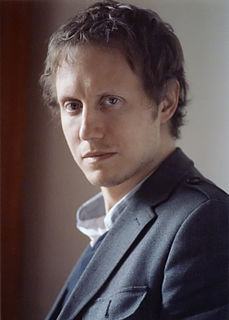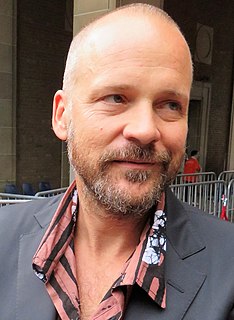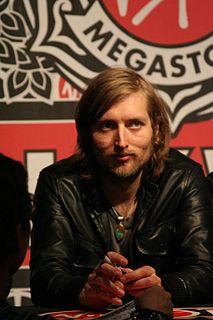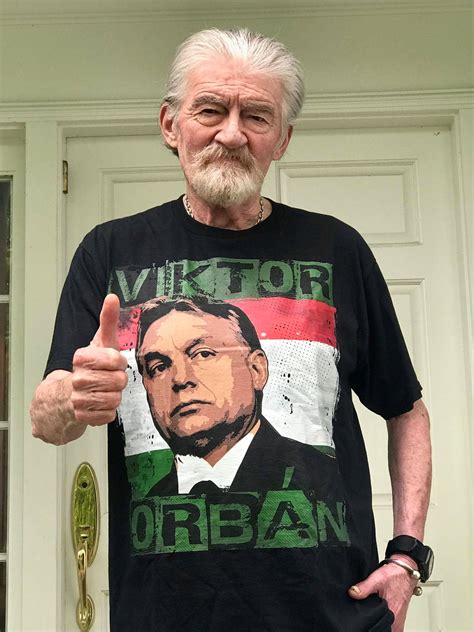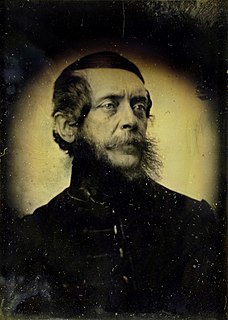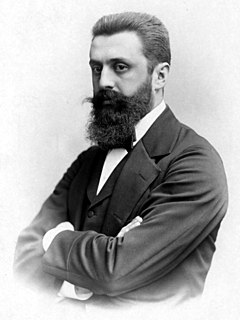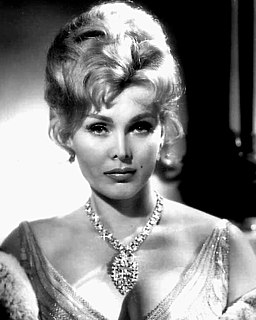A Quote by Laszlo Nemes
Sometimes all we need is only listening to an inner voice and remaining human in a very personal way. But even if it is a personal way, it's still a very valid way - maybe the most valid way. It doesn't have to be a collective experience or someone telling you what to do. The most sacred human experience can be a very personal one.
Related Quotes
People like to say that Plutarch's is a really "personal" voice, but in truth Plutarch tells us very little about his life. His voice is personable but never personal. It feels intimate because he's addressing the world as we experience it, at this level, a human level, rather than way up here where very few of us live.
I don't let a poem go into the world unless I feel that I've transformed the experience in some way. Even poems I've written in the past that appear very personal often are fictions of the personal, which nevertheless reveal concerns of mine. I've always thought of my first-person speaker as an amalgam of selves, maybe of other people's experiences as well.
My view is, in between environmental determinism and personal responsibility, we say, "where there's a will there's a way." It's not true. You really need both and they're somewhat independent. We must both cultivate will and pave the way. If you inspire an impassioned people so that they have the will but there's no way, all around them are walls with no doors or windows. It's terribly frustrating. On the other hand, if you put a very nice way at their feet and they have no will to follow it, that doesn't produce anything very good either. Will is not way. You need both.
I would not describe myself as a political writer except in the sense that the personal is political, which is something that I do strongly believe. And in that sense American Gods is a very personal novel and a political novel. I was trying to describe the experience of coming to America as an immigrant, the experience of watching the way that America tends to eat other cultures.
For me, one of the highlights of being in the private equity world is that you need to learn a lot and very quickly about different businesses. So it's always a continuing learning experience where you can apply what you know, of course, by way of judgment and by way of numerical analysis. You're always investing in new businesses, which is a learning experience in itself. I think that is a wonderful thing and I think it makes for intellectual challenge and for continued personal growth. That, for me, is the highlight of this job.
Only a God of love is fully personal. Thus the Trinity is crucial for maintaining a fully personal concept of God. As theologian Robert Letham writes, “Only a God who is triune can be personal.... A solitary monad cannot love and, since it cannot love, neither can it be a person.” Therefore it “has no way to explain or even to maintain human personhood.
That is a horrible thing in a way, but it is the one thing poets can bring back to experience, this intense focus on language, which activates words as a portal back into experience. It's a mysterious process that's very hard to articulate, because it's focused entirely on the material of language in a way, but in the interests not just of language itself whatever that would mean - that's the mistake, by the way, that so many so-called "experimental" poets make - but in service to human experience.
